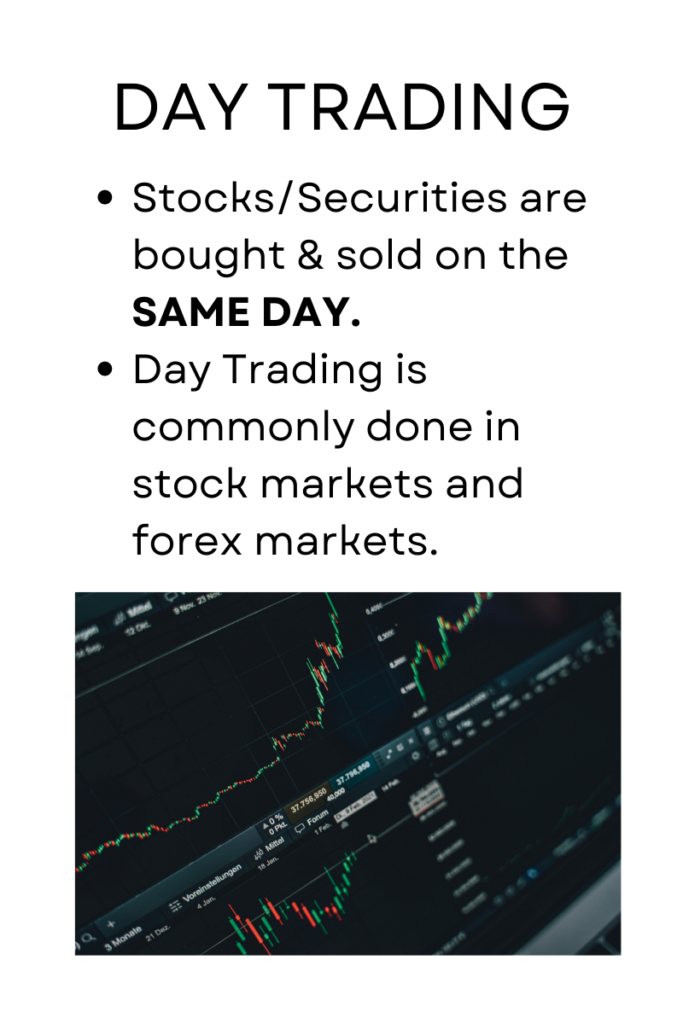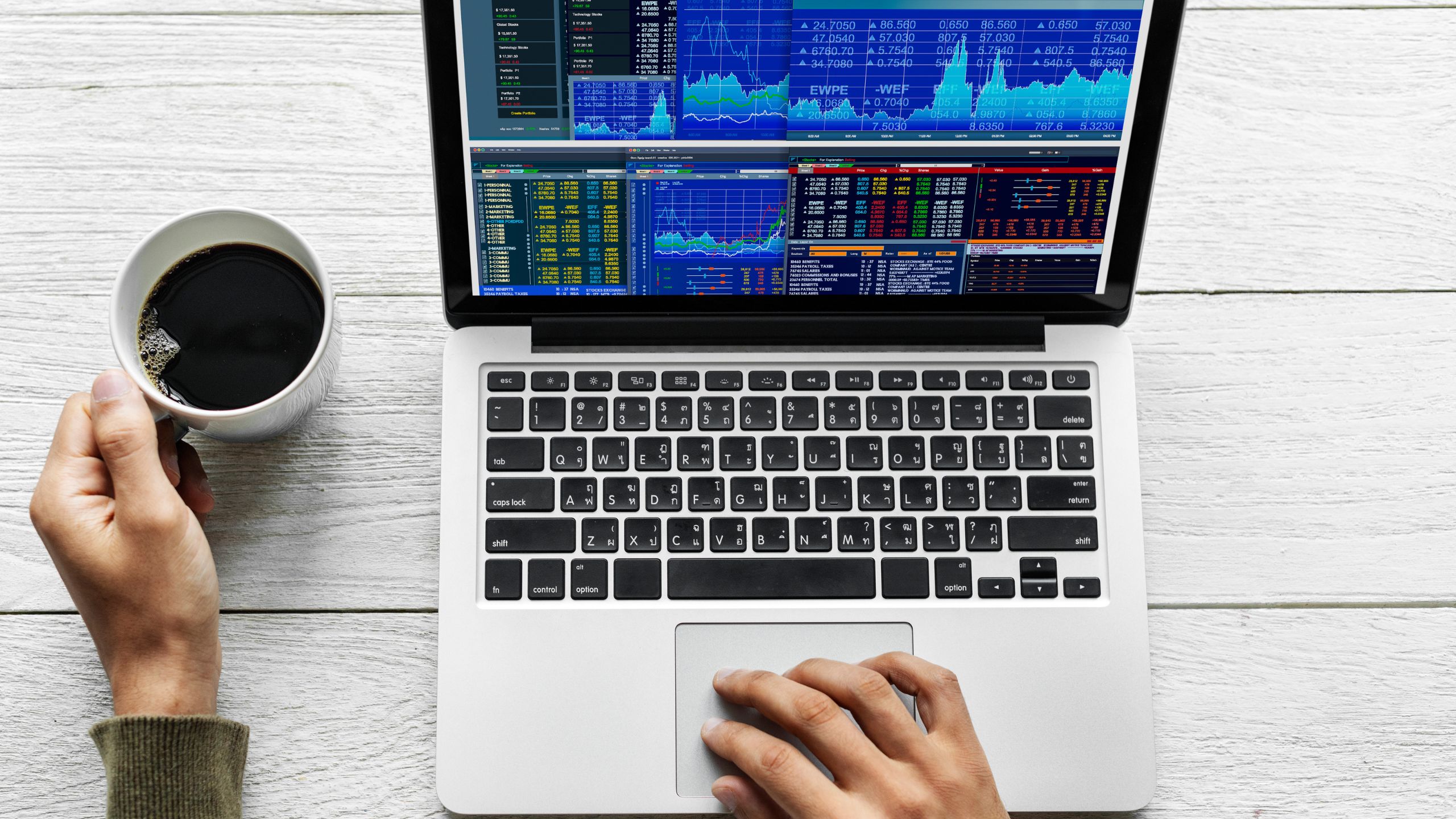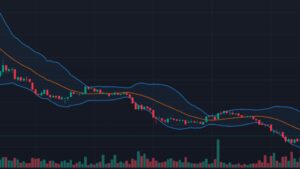In Intraday trading, a person buys and sells stock/securities and completes the transaction on the same day. It is also commonly called ‘Day trading’. Intraday trading aims at making use of daily price movements to make profits. It is most commonly done in stock markets and forex markets where foreign exchange currencies are traded.
Table of Contents
Understanding Intraday Trading
Lets understand the concept of day trading with examples. Anita buys 100 shares of company ‘Infosys’ at Rs 1,500 per share. During the day, the share price increases to Rs 1,540. Before the close of trading hours, Anita sells the entire 100 shares at the prevailing market price i.e. Rs 1,540. So Anita conducted a day trade and made a profit of Rs 4,000 (1,540*100-1,500*100) on it. The shares were bought and sold on the same day and the transaction was closed and positions were squared off. This is a day trade.
Mira buys USD10,000 when forex markets open at Rs 75.76. During the day the exchange rate changes to 1USD/75.80INR. Mira sells the USD10,000 at Rs 75.80 before the end of trading hours, pocketing a profit of Rs 400 (10,000*75.80-10,000*75.76). As the forex position was squared off on the same day, this was a day trade.

Intraday Trading Strategies
- Scalping – A trade is closed as soon as a small profit can be made. This strategy minimizes losses but also gives minimum profits. The idea is to make a number of small profit trades.
- Momentum trading – A positive or negative news can cause an increase or decrease in prices which the trader would want to leverage to make profits.
- Range trading – This strategy uses pre-determined support and resistance levels in prices to make buy and sell decisions.
- High Frequency Trading – This strategy uses algorithm to earn profits from shares and securities.
Risks of Intraday Trading
Intraday trading in India can be done in equity, currency F&O, equity F&O and commodity F&O. To start intraday trading, the traders need a trading account linked to their bank account.
Let’s now look at the risks of intraday trading.
- Intraday traders are always at a higher risk of severe financial losses. The wide majority of day traders lose money in the market. Some traders are never able to make any reasonable profits.
- An intraday trader has to watch the market and his positions continuously while the positions are open. It is a very stressful job. Without the right mindset the trader could end up having financials losses along-with health ailments.
- Traders use borrowed money from brokers to make profits in intraday trading. There is a greater chance of losing invested capital and ending in debt.
Should you leave your job and do only intraday trading to earn income?
A full time job is a definite source of a fixed amount of monthly income. Intraday trading does not guarantee income or profit. There would be days when the trader makes losses. Sometimes one bad trade may wipe out the profits made on other trades during the month. Intraday trading if done correctly has the potential to make large profits. However, it cannot be the ‘only’ income source.
Given the uncertainty associated with intraday trading, it is not recommended to leave a stable job and indulge in intraday trading to earn income. Day trading could be one of the other income sources but not the primary income source.
Image credit: Image by rawpixel.com on Freepik



